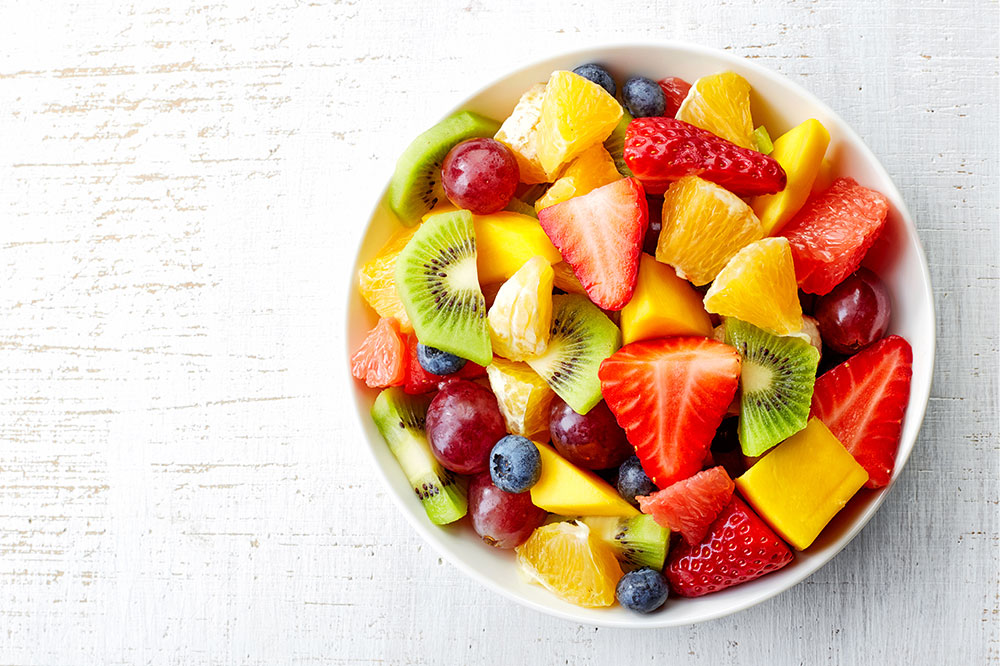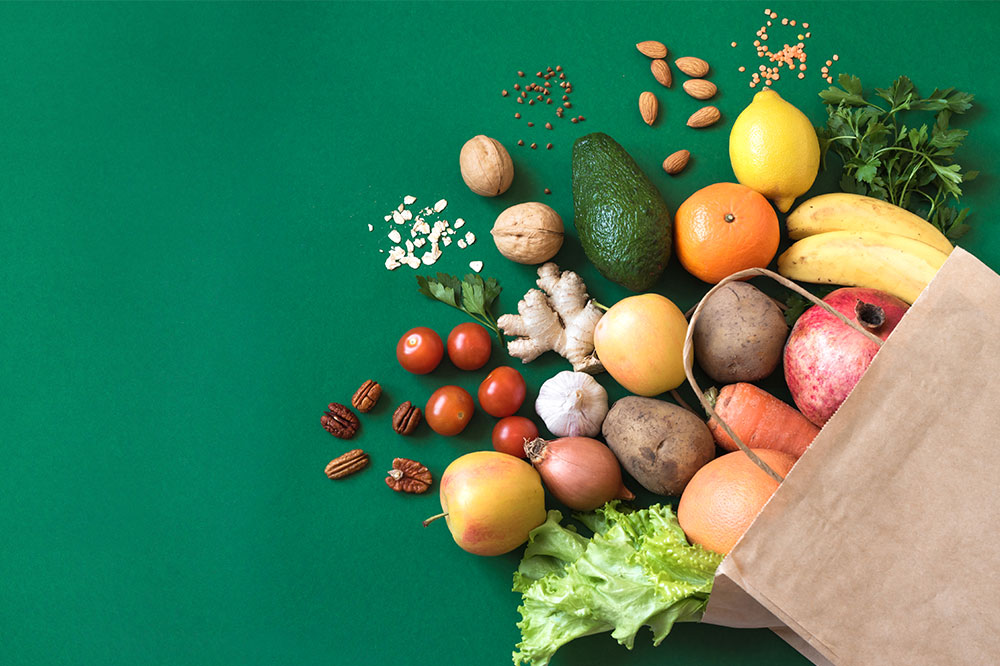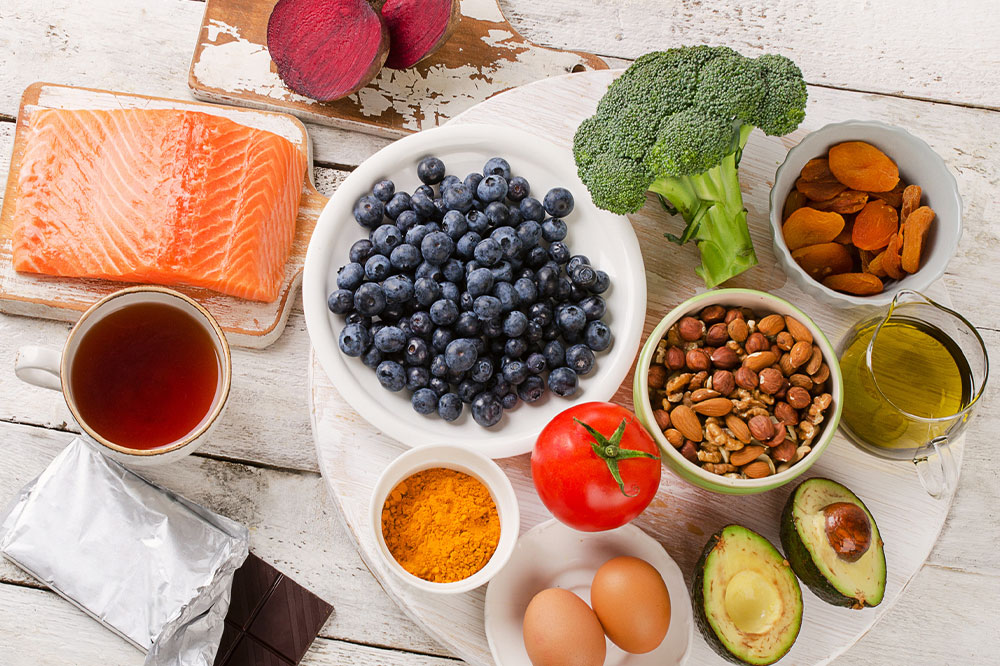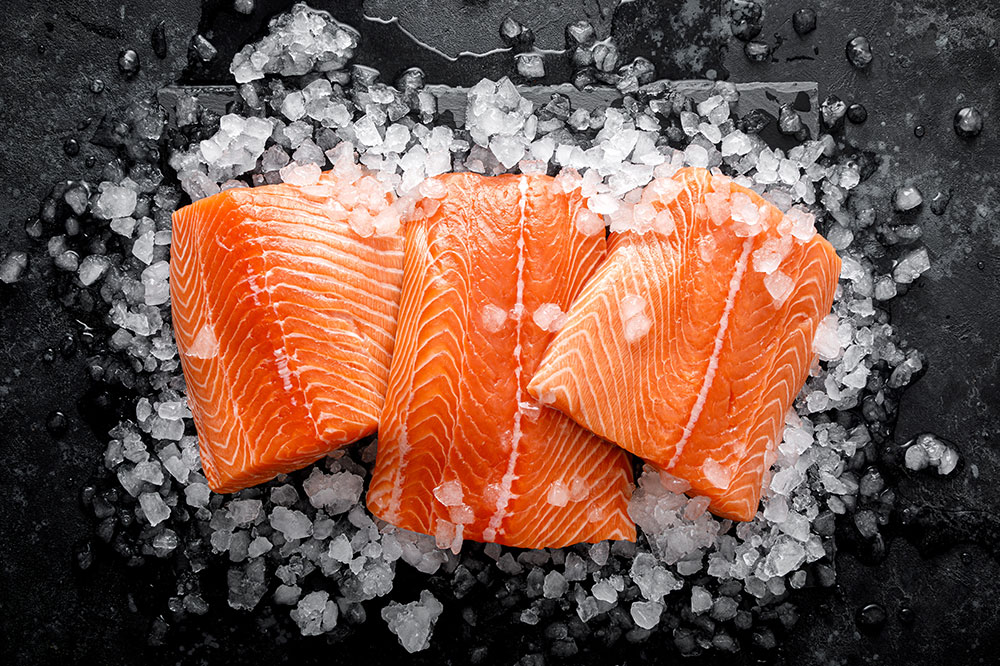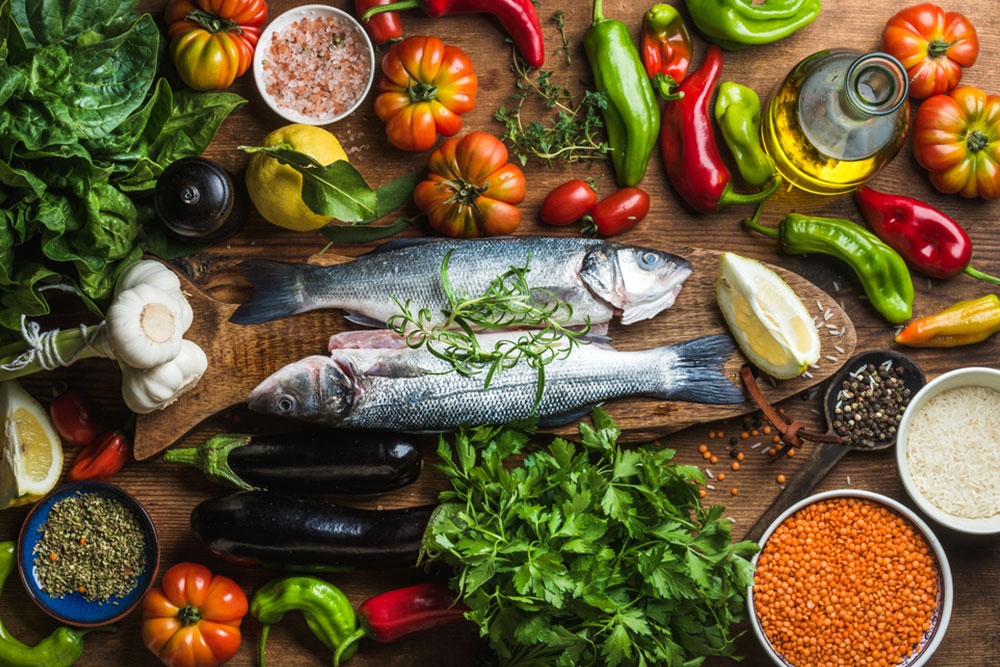Nutritional Guidelines for Managing Parkinson's Disease: Beneficial and Harmful Foods
This article provides essential dietary guidance for Parkinson’s disease management, highlighting foods that can support nerve health and those to avoid. Incorporating antioxidant-rich foods, omega-3 fats, and calcium sources can help alleviate symptoms, while limiting dairy, iron, and vitamin B6 intake may prevent symptom worsening. Personalized nutrition advice from health professionals is recommended for optimal disease management.
Sponsored
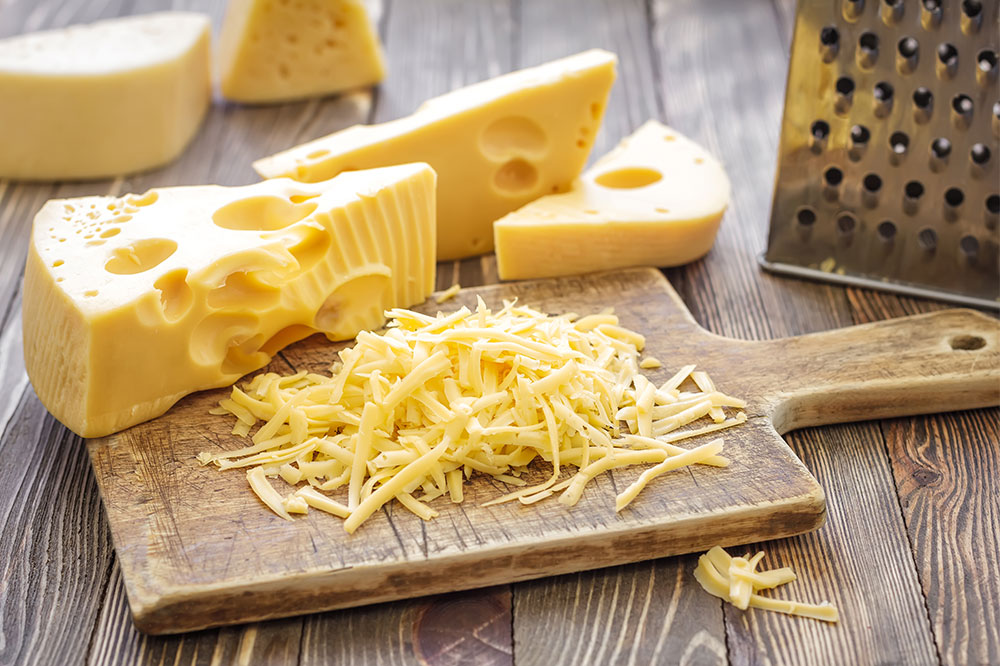
Dietary Recommendations for Parkinson's Disease Patients
Parkinson’s disease is a neurological condition characterized by the degeneration of nerve cells, leading to disrupted dopamine levels in the brain. With nearly 1 million Americans affected, managing diet plays a crucial role alongside medical treatment. Proper nutritional choices can help mitigate symptoms and improve quality of life.
Recommended Foods for Parkinson’s Patients
Incorporating certain foods into the diet can be beneficial:
Foods high in antioxidants
Consuming antioxidant-rich foods can help combat oxidative stress caused by nerve cell damage. Examples include nuts like walnuts, Brazil nuts, pistachios, pecans, as well as berries such as blueberries, goji berries, blackberries, and cranberries, along with green leafy vegetables like spinach and kale.
Omega-3 fatty acids
Foods such as salmon, oysters, halibut, soybeans, kidney beans, and flaxseeds can boost cognitive health and may alleviate symptoms like confusion and dementia.
Calcium-rich options
Since osteoporosis can be associated with Parkinson’s, consuming calcium sources like sardines, canned salmon, legumes, almonds, broccoli, and leafy greens supports bone health.
Coenzyme Q10
Present in oily fish, soya oil, offal, and beef, this enzyme may help reduce neurological symptoms.
Foods to Limit or Avoid
Certain foods can worsen Parkinson’s symptoms and should be consumed cautiously or avoided:
Dairy products
Studies suggest that cheese, yogurt, and milk may exacerbate symptoms by lowering uric acid levels, which is linked to disease progression.
Iron-rich foods
Iron can interfere with Parkinson’s medications by reducing their absorption.
Vitamin B6
Excessive intake may hinder medication effectiveness, though this depends on individual treatment plans.
Since symptoms and responses vary, it is essential for Parkinson’s patients to consult healthcare professionals for personalized dietary guidance that helps ease their condition.

